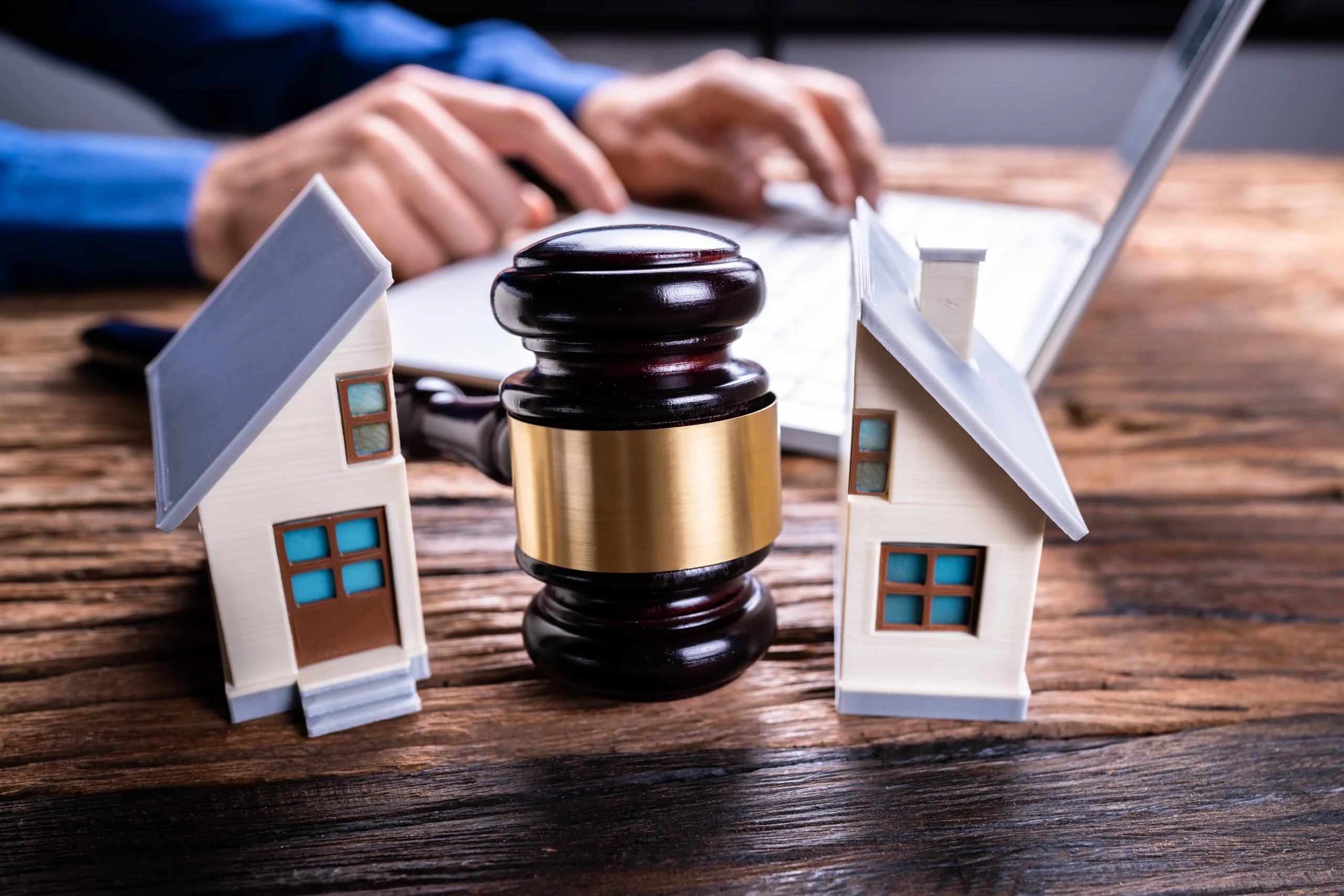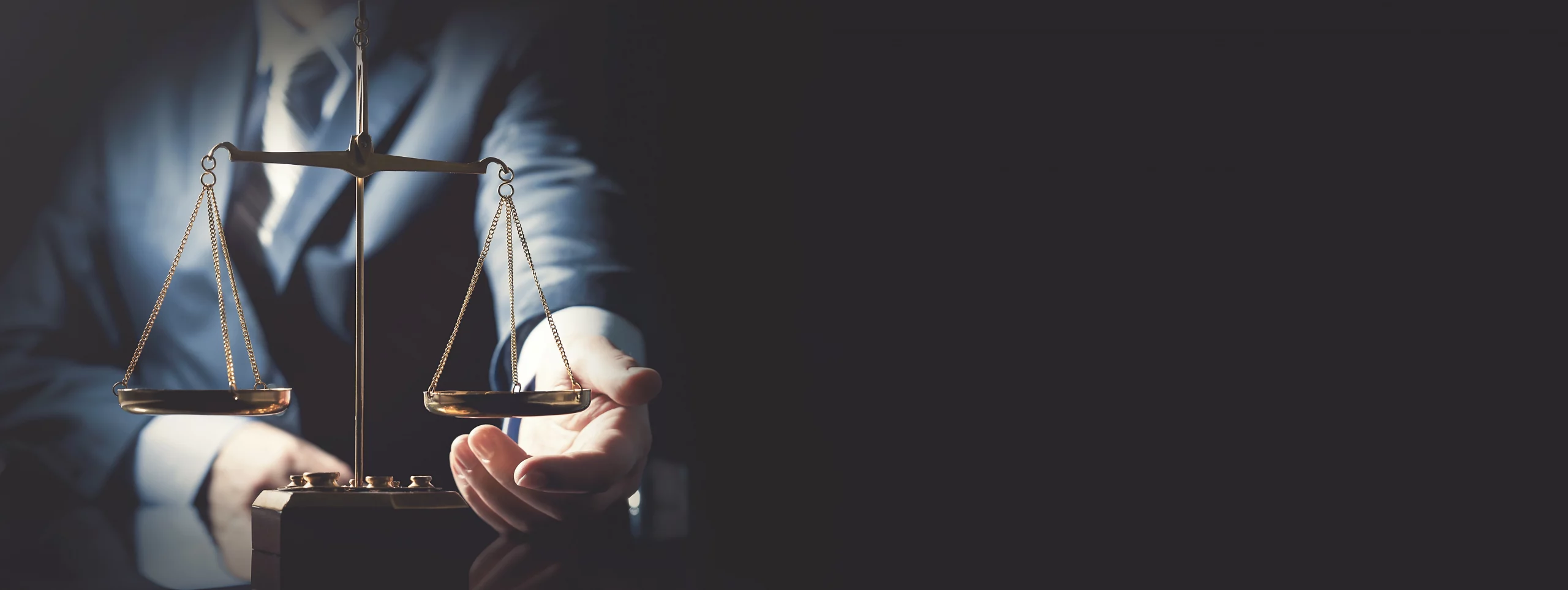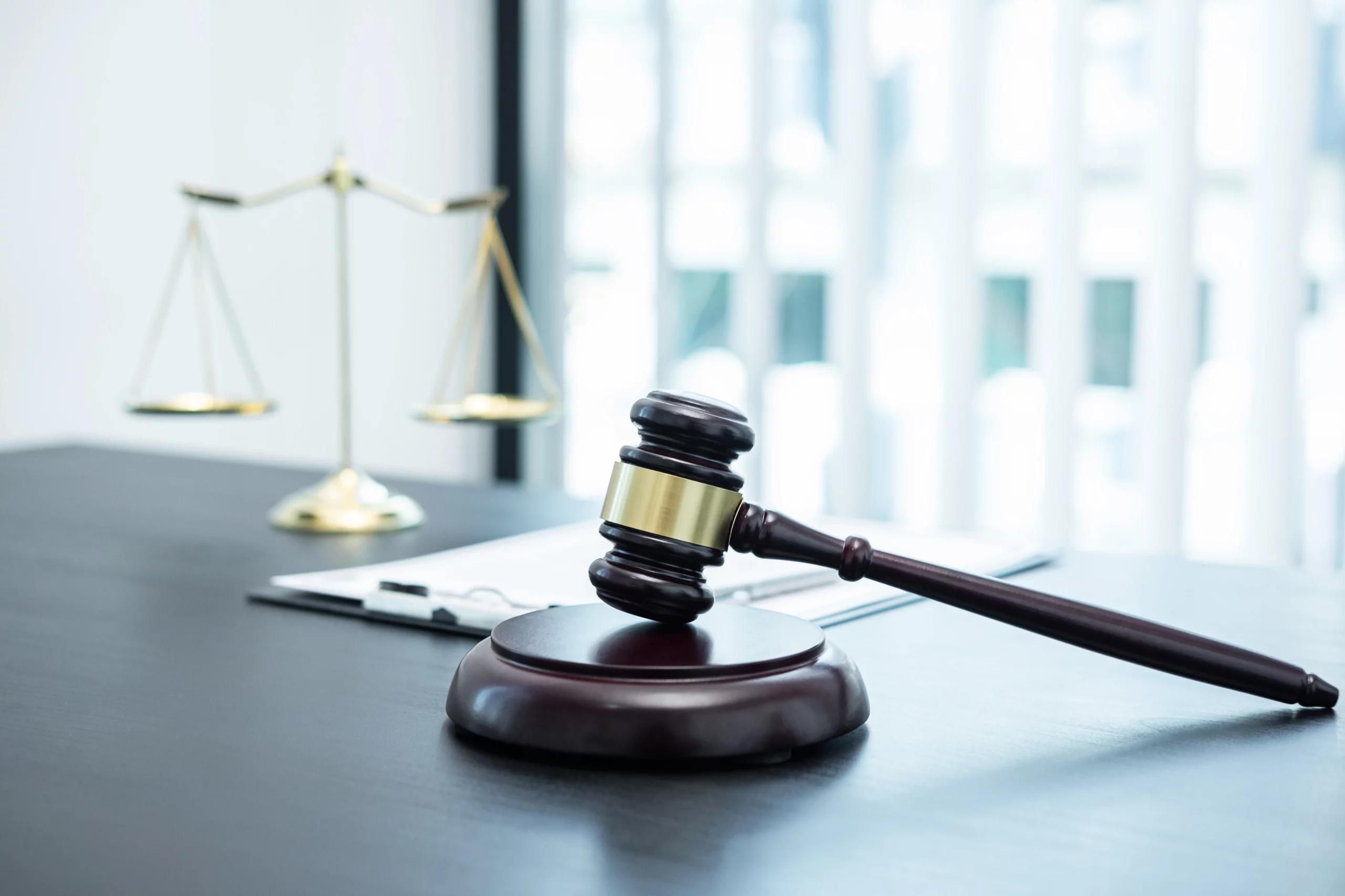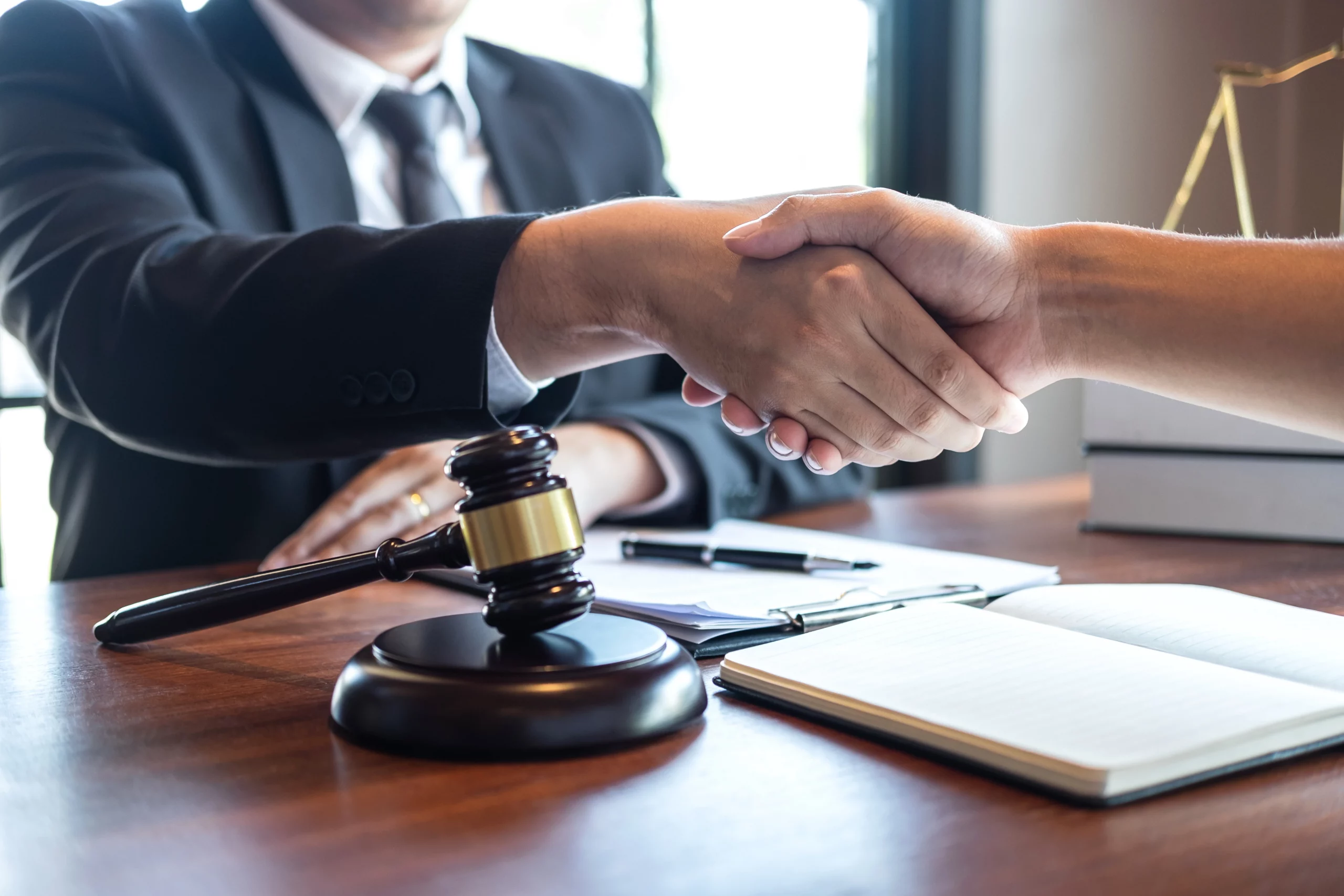Sporting Event Accident Lawyers | Slip, Trip, and Falls
The Best Premises Liability Accident Law Firm
Premises Liability > Accidents > Sport Events
You deserve full compensation for sports injuries caused by negligence. We unpack how to prove liability and file a strong insurance claim.
Every year, 8.6 million people suffer injuries while participating in sports and other forms of entertainment. One-third or more of those hurt required medical attention at a hospital.
While a concussion or broken limb may not require hospitalization, they will nonetheless result in significant financial losses due to treatment and time away from work.
As a result of their inexperience, amateur athletes are frequently hurt in accidents. However, if your injuries resulted from someone else’s carelessness, you may be eligible for financial compensation.
There is a risk of injury for all athletes, whether professionals or amateurs. If you break your wrist ice skating or jam your finger catching a football, it’s not anyone’s fault. Sadly, mishaps are common.
Accidental accidents are part and parcel of the sports issue. Suppose you or your kid have an accident while participating in a sport, and you believe that the injury was caused by the negligence or recklessness of another party. In that case, you may have a case for personal injury damages.
Free Consultation
NO FEE UNLESS WE WIN
There is a risk of injury for all athletes, whether professionals or amateurs. If you break your wrist ice skating or jam your finger catching a football, it’s not anyone’s fault. Sadly, mishaps are common.
Accidental accidents are part and parcel of the sports issue. Suppose you or your kid have an accident while participating in a sport, and you believe that the injury was caused by the negligence or recklessness of another party. In that case, you may have a case for personal injury damages.
You may be able to hold another party responsible for your injuries if:
- The events leading up to it were outside of the bounds of ordinary risk assumed by the players.
- The injury was caused by the negligence or carelessness of the instructor or coach.
- The injury resulted from the use of defective sports equipment.
- The injury was caused by playing on a court or field that was in an unsafe condition.
- The owner or operator of the sports facility did not have standard safety measures in place.
Injuries sustained in sports can result in financial compensation being sought from negligent institutions, property owners, trainers, coaches, and even fellow players.
A serious sports injury can derail a young person’s potential career path. Injuries to the head, knees, ankles, or shoulders of high school athletes can mean the end of their hopes of receiving a college athletic scholarship.
Knowing some common legal phrases can be helpful:
The term “Duty of Care” refers to the legal requirement not to intentionally damage another person. The owner of a sports facility must remove any potential dangers from the playing field.
To be “negligent” means that a property owner, team owner, coach, personal trainer, or other player has breached their duty of care to the injured party.
The word “liability” denotes “duty.” It is possible that an at-fault party, like a coach, could be held financially responsible for an injured player’s losses if the player’s ailments were brought on by poor instruction.
Sports injuries can result in “damages” such as medical bills, copays, deductibles, lost earnings, and emotional distress.
LIABILITY OF SPORTS FACILITIES INJURIES
Property owners must ensure the safety of their premises under the premises liability rules that exist in every state.
When an injury occurs that is not the result of playing the sport but rather a dangerous situation on the field or in the surrounding area, the property owner may be held financially accountable. Not fixing obvious issues, such as missing stones or uncovered holes
- Poor or broken lighting
- Two common mistakes are:
- not clearing the garbage area and
- not clearing the area of ice or snow.
DEFECTIVE EQUIPMENT-RELATED INJURIES
Playing several sports requires protective gear such as helmets, pads, face masks, and the like. The results can be disastrous when protective gear such as helmets, masks, straps, and padding fails.
It’s not just the clothes the athlete wears that constitute sports equipment. Injuries can be caused by faulty equipment such as bats, skates, balls, and many more.
Defects in the design or quality of construction of sports safety equipment can have devastating effects on athletes. Traumatic brain injuries, spinal cord injuries, and permanent joint impairment are among the most devastating outcomes of sports accidents.
You have the right to recover damages from the manufacturing company for injuries caused by defective products.
Difficult to Reason with or Intentionally Unkind BEHAVIOR
Even in youth leagues, the competition can grow intense.
Most people channel their enthusiasm into louder applause for or more aggressive play by their team. And yet, every year, we read about parents and coaches fighting at their children’s sporting events or about professional athletes getting fined for illegally harsh hits.
A rough hit in practice is one thing. On the other hand, if you or your child are assaulted at a sporting event, you may have legal recourse against the offender in the form of assault and battery charges.
You may have legal recourse against the facility if it can be shown that the coach, school, or sports facility was negligent. If your daughter was assaulted by another girl at a skating rink, for instance, and the other girl had been warned before about fighting but was still allowed to enter, the skating rink may be held accountable.
The parents of the at-fault child could be held legally responsible for their child’s injuries if the other youngster intentionally caused them.
MALPRACTICE BY COACHES AND RESULTANT INJURIES
Trainers have a responsibility to keep their players safe from danger. The coach may be held responsible for a player’s heatstroke if he or she forces the participant to train in excessive heat without providing adequate water or rest intervals.
A coach’s responsibilities include:
Keeping players safe by providing appropriate equipment and supervision.
Teaching them the skills they need to succeed.
Disclosing potential dangers to them and their parents if the players are minors.
A coach’s responsibilities include taking reasonable precautions to avoid injuries and acting quickly and effectively in a medical emergency. High school coaches, for instance, need to implement concussion prevention and response strategy to keep young athletes’ brains safe.
A negligent coach does not act as a reasonably prudent coach would in the aftermath of a medical emergency.
RELEASES OF RESPONSIBILITY AND ASSUMED RISK
You may still be able to file a personal injury case for sports-related injuries even if you signed a waiver or release of liability.
Most sports injuries are unavoidable mishaps for which no one can be held responsible. When we knowingly and willingly take part in a sport, we expose ourselves to the chance of harm. It’s just part of the job. Popular contact sports naturally have the highest injury rates.
ACCEPTANCE OF DANGER
Legally speaking, “assumption of risk” means that we were aware of the potential for injury but participated in the activity anyway. When we play a game of flag football in the backyard or shoot some hoops at the neighbourhood gym, we assume the risk that comes with it.
We’re all well aware of the dangers of going for a football catch, such as twisting a knee or colliding with another player. Injuries like these plague football players at every level. When we twist an ankle or scrape a knee, it’s not anyone’s fault. There was always the possibility, and now it had come true.
We would not have any legal standing to file a liability insurance claim or a sports injury lawsuit under these conditions.
Similar issues arise with sport shooting gun accidents and boating accidents.
LIABILITY RELEASES IN WRITING MAY HAVE NO FORCE AND EFFECT
The owner of a sports field may require participants, or in the case of children, their parents, to sign a release form indemnifying the owner from liability for injuries before granting permission to partake in a sport on the property. Controversy surrounds sports injury release forms, leading to years of litigation.
Get in touch with a personal injury lawyer to determine if a release of liability you signed is valid if you were harmed due to the property owner’s negligence or intentional wrongdoing.
This release might be legitimate and enforceable if the injuries sustained resulted from a pure accident, not negligence or wrongful act. The release may not prevent you from seeking compensation, however, if the property owner’s actions were the direct cause of your injuries.
For Instance: Minor Injured at Baseball Camp
When he was 12, 12-year-old Brandon Quinn enrolled in the Mississippi State Baseball Camp. As Brandon and the other campers watched, Coach Keith Kosh showed them how to hit a baseball off a tee.
Brandon claims that Coach Kosh swung the baseball bat at him, striking him in the mouth, without warning him. Brandon lost a permanent tooth and injured four others when he was struck.
The Quinns’ lawyer sued the school, Brandon’s coach, and others, claiming negligence in failing to provide Brandon with safe baseball instruction resulted in his disability.
Among the university’s arguments was that the Quinns had signed a disclaimer “…that understood the dangers associated with participating in the camp and consented to accept those risks.”
Although the Quinns signed a release, they claimed it was invalid since it did not protect them from the instructor’s potentially harmful behaviour. The Supreme Court of Mississippi sided with the Quinns and declared Brandon’s parents’ release null and void.
The court found that the parents did not knowingly waive their son’s legal rights by signing the release since they could not have known that the instructor would be negligent.
Quinn v. Mississippi State University, et.al.
You can see that liability waivers are not always enforceable. If you or a loved one signed a waiver and were hurt, you need to investigate the circumstances surrounding the incident to determine if it was an accident or the result of negligence.
KIDS GETTING HURT PLAYING SCHOOL ACTIVITIES
The value of physical fitness to one’s health is universally acknowledged. Youth sports are great for kids because they encourage exercise, socialization, and teamwork. Mishaps occur far too regularly, sadly.
According to official statistics, sports account for as much as 14% of all fatal injuries, with the highest rates among youngsters under 18.
Those who work with children have a special responsibility known as “in loco parentis” (in the place of the parent), which requires them to prevent any harm that might come to the child.
Not every sports-related injury is the responsibility of the school. Your child has a right to have reasonable care taken for him or her by the coach (or any other school employee).
The following are examples of reasonable measures taken to ensure the safety of children:
- Allocating sufficient space for sports activities and practices
- Adhering to safety standards of play
- Conducting thorough inspections of all play areas.
- Choosing and checking sports equipment Evaluating playing grounds
- surrounding areas before each activity Monitoring play
- Practice locations for safety and security
Negligence occurs when a coach makes a mistake or fails to take action that a reasonable athletic director would take. When school employees cause athletic injuries, the institution must pay for those damages.
SIX IMPORTANT MOVEMENTS FOLLOWING A SPORTS INJURY
You will need evidence to support an injury claim, whether you were hurt in your neighbour’s backyard, at your child’s school, or at a neighbourhood park or leisure centre. Your actions and words in the immediate aftermath of an injury can significantly impact the outcome of your claim.
STEP 1: INFORM SOMEONE OF THE INJURY
Report your injury immediately to the coach or owner of the property. Don’t make light of your pain or downplay your wound. The effects of adrenaline, tension, and shame might disguise the signs. Injuries could be fatal, and you might not even know it.
STEP 2: get medical help.
Getting medical attention for an accident right away is crucial. If someone dials 911 and paramedics arrive, you should wait for them to assess your condition. See a doctor or visit an urgent care centre as soon as possible if you aren’t brought to the hospital. Give specifics about your injury’s time, place, and nature to any and all doctors attending to you.
The worst thing you can do is put off getting medical help. The insurer is likely to reject your claim, claiming that the accident didn’t occur when you claimed it occurred.
STEP 3: document the event with stills and moving footage.
Document the accident scene and any contributing factors, such as damaged or elevated turf or machinery, with photographs or video.
If the incident occurred at a public event, there might be photos or videos recorded by onlookers that capture the time immediately preceding and following your injuries. Solicit digital copies from everyone you know. Get in touch with your lawyer to discuss gathering social media evidence to support your case.
Similarly, many public gatherings are documented by neighbourhood news programs. To obtain copies of the station’s footage, please get in touch with the manager.
STEP 5: SEEK OUT WITNESS DECLARATIONS
Take written statements from other participants and onlookers. Insurance companies and juries are more likely to believe the testimony of “independent witnesses” or those with no vested interest in the outcome of your claim.
STEP 6. REPORT YOUR LOSSES
Make sure you have a copy of your medical bills and documents. Collect information from hospitals, dentists, and doctors specializing in orthopedics, neuroscience, and mental health.
Keep duplicate receipts for any money spent on travel or other items you paid out of pocket. A wage loss statement is also required.
HOW TO SEEK COMPENSATION FOR A SPORTS INJURY
You can usually negotiate a fair settlement with the insurance company once you’ve fully healed from minor soft-tissue injuries like bumps, bruises, or muscle strains.
CONFIDENTIAL SPOTTINGS
Inquire with the property owner for their insurance details if you were hurt at a private residence, sports club, or institution of higher learning.
For medical payments under $1,000, many homeowner’s insurance policies don’t mandate proof of negligence. You will not receive compensation for your emotional distress, but you should have no trouble covering your medical expenses.
Suppose you were hurt in your backyard; you would be completely out of luck. Homeowner’s insurance does not cover you and your family members if an accident occurs in your home.
If you were hurt due to faulty sporting equipment, such as a shattered basketball backboard or malfunctioning exercise machine, you might be able to file a claim against the manufacturer.
OFFICIAL STATEMENTS
State and local governments typically oversee public institutions like schools and recreation centres. Avoid taking on a claim from the government without proper representation.
Claiming damages from a government agency can be difficult due to the complex laws and limited timelines involved. An error may nullify your claim.
HUGE PROMISES
Complex and difficult to win on your own are claims for severe injuries such as head trauma, permanent knee or shoulder injuries, facial scarring, and other potentially lifetime impairments.
It’s common knowledge that claimants who don’t have legal representation from the get-go will receive lesser settlement offers from insurance companies. When the adjuster makes their “last offer,” they know you won’t have the strength or knowledge to battle for more money.
If you’ve been seriously injured and need compensation or want to pursue difficult litigation, you should hire an attorney.
Having a competent personal injury attorney on your side is essential in the following situations:
- An Abundance of Potentially
- Responsible Individuals
- Product Defects
- Incorrectly terminated life
If you’ve been injured and are expecting a large settlement, don’t try to manage the case on your own. With the help of an experienced lawyer, you may maximize your financial recovery from any sources and safeguard your prospects.
Consultations are typically free of charge at respected law offices. Learn more about what a skilled personal injury lawyer can accomplish for you at no risk or cost.
Who is responsible if I am hurt at a stadium or arena?
A night at the arena, stadium, or racetrack for a sporting event or concert should be a thrilling and risk-free experience for everybody in attendance. While injuries are common on the field or track, they are not common in the spectator areas.
Unfortunately, innocent bystanders in public places might become victims of bad behaviour or neglect at any time.
Owners and organizers of venues may be held accountable for injuries sustained by spectators for various reasons. They are expected to offer security and insurance since they know the risks associated with huge, energized crowds.
Suppose the promoter or owner actively promotes alcohol consumption or fails to provide proper security. In that case, they may be held liable for any injuries resulting from an intoxicated person throwing an object, pushing or striking another person, or falling and hurting themselves.
The following factors can contribute to a spectator getting hurt during a public event:
- Wet floors or objects on the ground can present a slipping hazard, which leads to the next hazard:
- falling. Such risks may arise from various sources, including but not limited to cleaning products, the elements, beverages, food containers, and packaging that has been dropped. The owners and the maintenance business are responsible for preventing these problems from becoming dangerous.
- Things being hurled or dumped from a balcony could seriously hurt someone below. Were alcoholic beverages available to the person who tossed the object? From where did this thing originate?
- Poor building practices and upkeep — Could someone have fallen off a balcony because of a shaky railing? A ramp’s angle may have been too great. Do you think there was a problem with a defective escalator, or were its signs confusing?
- Were too many people let inside the arena, resulting in stampeding? Why did people start running in such a panic?
- Was the parking lot poorly illuminated, which could have led to assaults or rapes? Was there a sufficient amount of security? Were advertisements for alcoholic beverages a factor?
- Accidents involving pedestrians and vehicles: Did adequate warning signs make drivers and pedestrians aware of potentially hazardous areas like crosswalks and intersections? How well was traffic managed?
- The possibility of flying debris raises the question of whether or not a fence or net was erected to keep spectators safe.
The premises liability expertise of Warrior Personal Injury Lawyers allows them to investigate and identify all potential causes of an accident at a public venue. The venue’s owner, event organizer, or security firm could be held liable for any injuries or damages, even if the cause can be pinpointed as the carelessness of a single patron.
It’s possible that the sale of alcohol contributed to the individual’s injury. If appropriate safety measures had been taken, I might not have been able to get in.
Broken bones, sprains, contusions, and lacerations are only some of the more common injuries spectators sustain at public events in arenas, stadiums, and racetracks.
Lawyers Who Focus On Premises Liability In Colorado
Many Coloradans have sought the help of Warrior Personal Injury Lawyers, who specializes in premises liability cases, after being hurt while attending, entering, or exiting a concert or sporting event.
The attorneys know the full lifetime cost of a severe injury and are ready to fight aggressively, to trial if necessary. The at-fault parties will fully compensate for the loss of future earning potential, current and future medical costs, and emotional distress.
Contact the personal injury attorneys at Warrior Personal Injury Lawyers for a free review of your case if you or a loved one was hurt in a public place. You are obliged to yourself, and another party may be responsible for paying your costs.
NEGLIGENCE MAY BE TO BLAME FOR SPORTS INJURIES IN COLORADO SPRINGS
Many individuals rely on sports as a regular means of physical activity because of the many health benefits they provide. Moreover, youth sports can help children develop key social skills, such as working together and competing healthily.
Thousands of people in the Colorado Springs area participate in organized and “pickup” sports daily for these and many other reasons. Sports, unfortunately, also put people in danger of getting hurt, and such injuries can be rather severe.
Legal recourse is rarely available for injuries sustained during a sporting contest. People who knowingly and willingly engage in dangerous activities are considered to have assumed those risks and should not be entitled to monetary compensation under the law.
However, if a sports injury results from someone else’s carelessness, the injured party may be able to seek compensation through the legal system. Some more typical reasons why people who suffer sports-related injuries are eligible for compensation are discussed below. Contact the Warrior Personal Injury Lawyers at (719) 300-1100 for case-specific advice.
DEFECTIVE EQUIPMENT IS A POTENTIAL CAUSE OF SPORTS INJURIES.
Injuries sustained in sports often warrant financial compensation, especially when the injury is brought on by faulty equipment. The following are some examples of potentially dangerous defective equipment:
- Protective gear for baseball,
- softball, hockey,
- lacrosse, basketball,
- football,
- cycling,
- swimming, and weightlifting,
- including helmets, shoes,
- skates, pads,
- bats, and sticks.
- Gloves
Those flaws aren’t always visible to the naked eye, which is important. Because of this, those who have been hurt while playing sports can see a lawyer to see if their accident could have been avoided had they not worn faulty equipment.
Poorly maintained facilities might increase the risk of sports-related injuries.
Another major source of sports injuries is unsafe facilities, which may give rise to a claim for premises responsibility on the part of the injured party. Both indoor and outdoor settings are vulnerable, as are a wide variety of surfaces used for sports like baseball, ice hockey, basketball, and soccer.
Accident victims may also be able to seek restitution if faulty fixtures brought on their injuries on the field of play, such as baskets, goalposts, bases, or hurdles.
The negligence of a coach or other authority figure is a common cause of sports injuries.
Injuries sustained by athletes due to negligent coaching can also lead to legal action. Inadequate training, asking a player to compete at a level far above his or her ability, disregarding an athlete’s inexperience, and placing a player in a dangerous situation that the coach should have known was dangerous (such as during inclement weather) are all examples of coaching negligence.
Rather than directly pursuing legal action against the coach, a victim may be allowed to do so against the school or district the coach works for. Doing so may help guarantee that the party found accountable has the financial resources to compensate the victim for their losses.
Referees, league officials, parents of other children participating, event organizers, and anyone with decision-making authority over the safety of the sports competition in which the tragedy happened may also be held accountable.
COLORADO SPRINGS PERSONAL INJURY ATTORNEYS ARE AVAILABLE TO ASSIST YOU IN SEEKING JUSTICE FOR YOUR INJURY.
An experienced attorney should be consulted as quickly as possible by anyone who has been hurt in a sporting accident, including individuals and parents of children. Colorado law provides substantial compensation for the victims of these types of tragedies in many cases.
Victims should hire a lawyer with experience in litigating sports injury cases because cases arising from injuries sustained during participation in sports can be extremely complex.
Contact the Warrior Personal Injury Lawyers at 719-300-1100 or via email to set up a free initial consultation with a personal injury attorney in Colorado Springs.

FREE CASE REVIEW
We are standing by ready, willing, and able to help you. You can schedule a free consultation here on our website, or give us a call and talk to us. Whatever you prefer, we will accomodate you!








